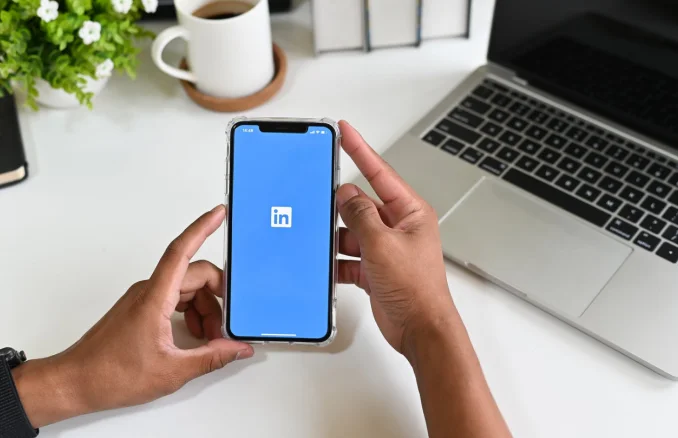In the modern business world, data is power. Every sales rep, recruiter, and marketer knows that the right information—delivered at the right time—can make all the difference. And when it comes to professional insights, LinkedIn remains the richest source there is. Millions of professionals update their profiles daily. Job titles change. Companies grow. Industries shift. That’s why having a reliable technology companion to help track and interpret these changes can make all the difference. It’s an ecosystem of living, breathing data that offers incredible value for anyone trying to understand markets or reach decision-makers. The question is: how do you tap into that goldmine ethically—without breaking the rules or risking your LinkedIn account?
The Fine Line Between Insight and Intrusion
Let’s be honest: LinkedIn scraping has become a bit of a digital Wild West. There’s no shortage of tools promising to “unlock unlimited data” or “scrape LinkedIn profiles at scale.” Most of these operate by pretending to be human users or copying information in bulk—often without consent or authorization. It might sound clever, but it’s not. These shortcuts can lead to permanent account bans, legal trouble, and dirty data that clogs your CRM with duplicates or outdated info. Beyond compliance, it’s simply bad business to build your strategy on unstable, questionable data. Professionals who value reputation—and results—are moving in a different direction: toward transparency, privacy, and ethical extraction.
Ethical Data is the New Smart Data
“Ethical data” isn’t just a buzzword. It’s the future of sustainable growth. That means using approved methods, respecting platform policies, and ensuring privacy for the individuals behind every data point. LinkedIn actually offers legitimate pathways for accessing structured insights through the LinkedIn API. Authorized partners and compliant tools can use this to pull data responsibly, with respect for both users and platform rules. It’s slower than scraping—but infinitely safer and far more valuable long-term. When you gather clean, compliant data, you get accuracy, trust, and scalability. And trust me, that’s a lot more useful than a million scraped emails that bounce.
Building Your Ethical Data Flow
Here’s how professionals and companies are doing it right:
- Start with Transparency.Use tools that log in securely, show you what’s being collected, and explain how it’s being used.
- Focus on Quality, Not Quantity.Ten verified, enriched leads are worth more than a thousand random profiles.
- Stay Compliant.GDPR and CCPA aren’t just red tape—they’re guardrails. They protect both your business and your audience from the fallout of bad data practices.
- Work With the Right Partners.Choose software that’s built to respect the boundaries of LinkedIn’s system rather than bypass them.
A Smarter Option: Lix
If you’re looking for a real-world example of ethical data done right, Lix is a good place to start. Their platform helps professionals extract and enrich LinkedIn data safely—without bending the rules. Lix works through approved access points, meaning you get structured, accurate information without risking bans or compliance issues. It’s not a “scraper”; it’s a bridge between what’s public and what’s practical. Users can filter, export, and manage professional data while staying transparent and compliant—a model that shows how innovation and integrity can actually work together.
The Long Game: Data With Integrity
In the rush to automate everything, it’s easy to forget that behind every dataset are real people—professionals who trust that their information won’t be exploited. Businesses that embrace ethical data practices are playing the long game. They’re building networks, not just databases. They’re earning trust, not just clicks. That trust pays off. Clean, compliant data gives you sharper insights, stronger campaigns, and a brand reputation that actually lasts.
LinkedIn is a living ecosystem—a constantly evolving snapshot of the world’s workforce. But like any powerful tool, how you use it defines the outcome. There’s no shortcut worth risking your reputation for. The real “hack” is simple: follow the rules, protect privacy, and partner with tools that do the same. You’ll end up with better data, better relationships, and better results. Ethical data isn’t just the right thing to do. It’s the smartest way to win. At the end of the day, the businesses that thrive will be the ones that treat data—and people—with integrity.


